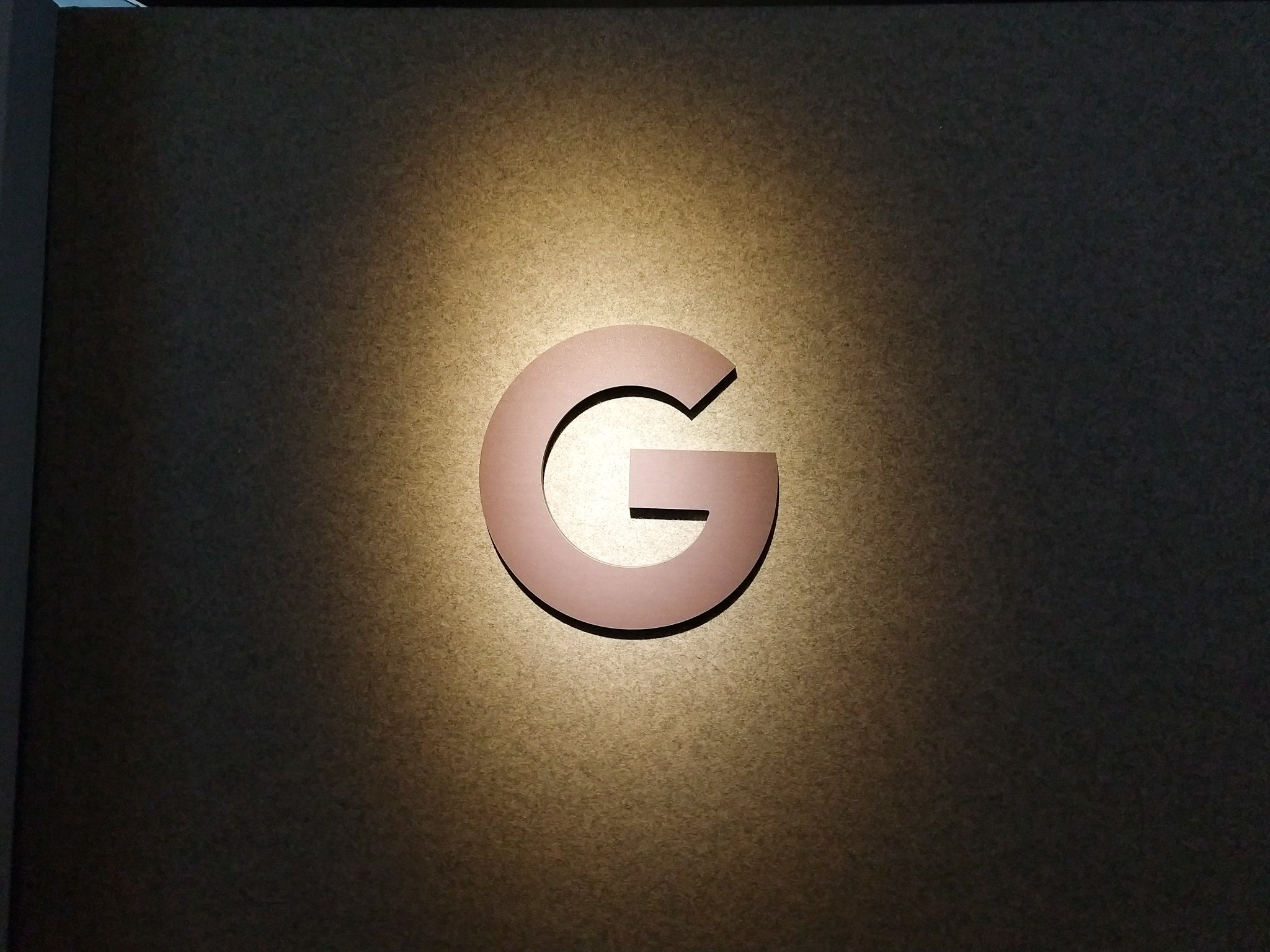Google is taking a stance on climate change and cutting off content that spreads misinformation.
What you need to know
- Google has announced an update to its monetization policy on advertisers and creators.
- The company will prohibit content that promotes false claims about climate change.
- The move comes just after Google announced a bevy of new features aimed at tackling climate change.
- The new policy will go into effect on December 6.
Google is going all-in on its efforts to fight climate change and the company's latest move takes a stab at ads and content that would otherwise challenge its efforts.
On Thursday, Google updated its content monetization policy in a bid to weed out ads and creators promoting climate change misinformation. Google says that starting this December, it will prohibit ads with "content that features claims about climate change which run contrary to scientific consensus."
In case you're curious about that consensus, it's that the Earth is warming and that human activity has been the primary contributor over the past century.
This means that ad companies will no longer be able to run ads that speak to the contrary, and creators will no longer be able to make money from this type of content.
This includes content referring to climate change as a hoax or a scam, claims denying that long-term trends show the global climate is warming, and claims denying that greenhouse gas emissions or human activity contribute to climate change.
Google says that it will evaluate content when this new policy goes into effect, to better distinguish between ads that promote misinformation and those that discuss false claims.
The move isn't unlike the recent decision to ban vaccine misinformation from YouTube, although the company is likely to face backlash over content moderation.
This new policy not only will help us strengthen the integrity of our advertising ecosystem, but also it aligns strongly with the work we've done as a company over the past two decades to promote sustainability and confront climate change head-on.
The new ad policy will go into effect on December 6.
Source: androidcentral
